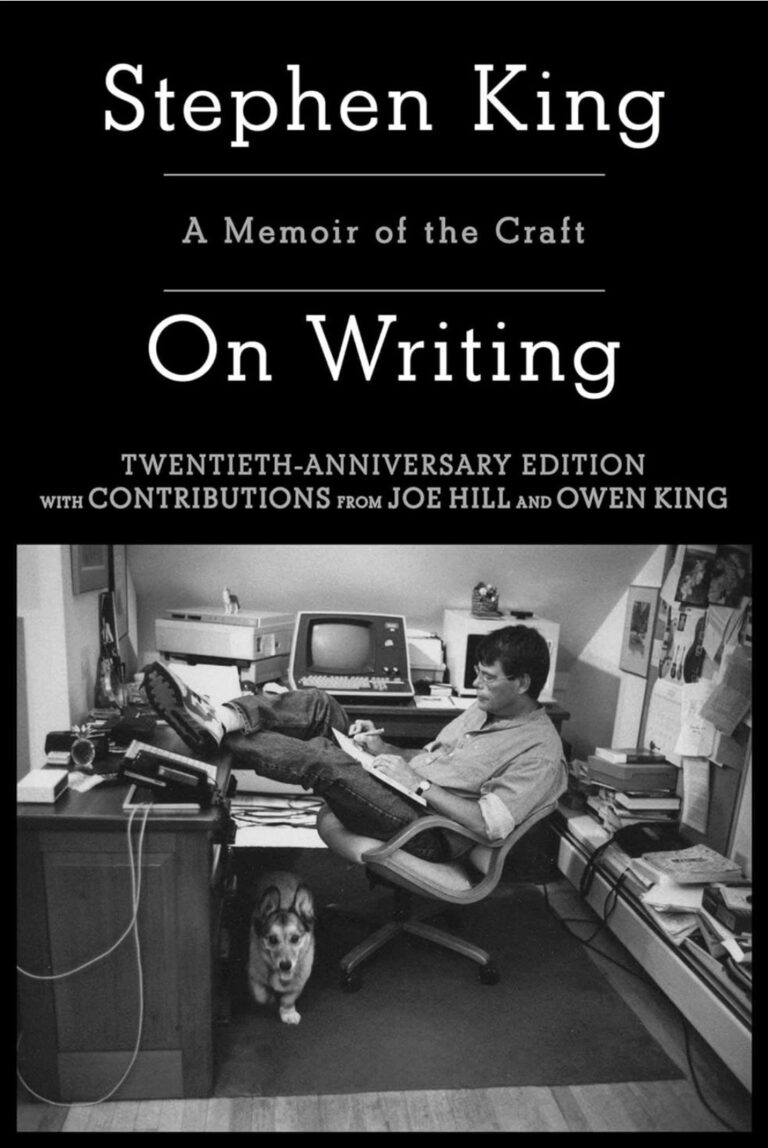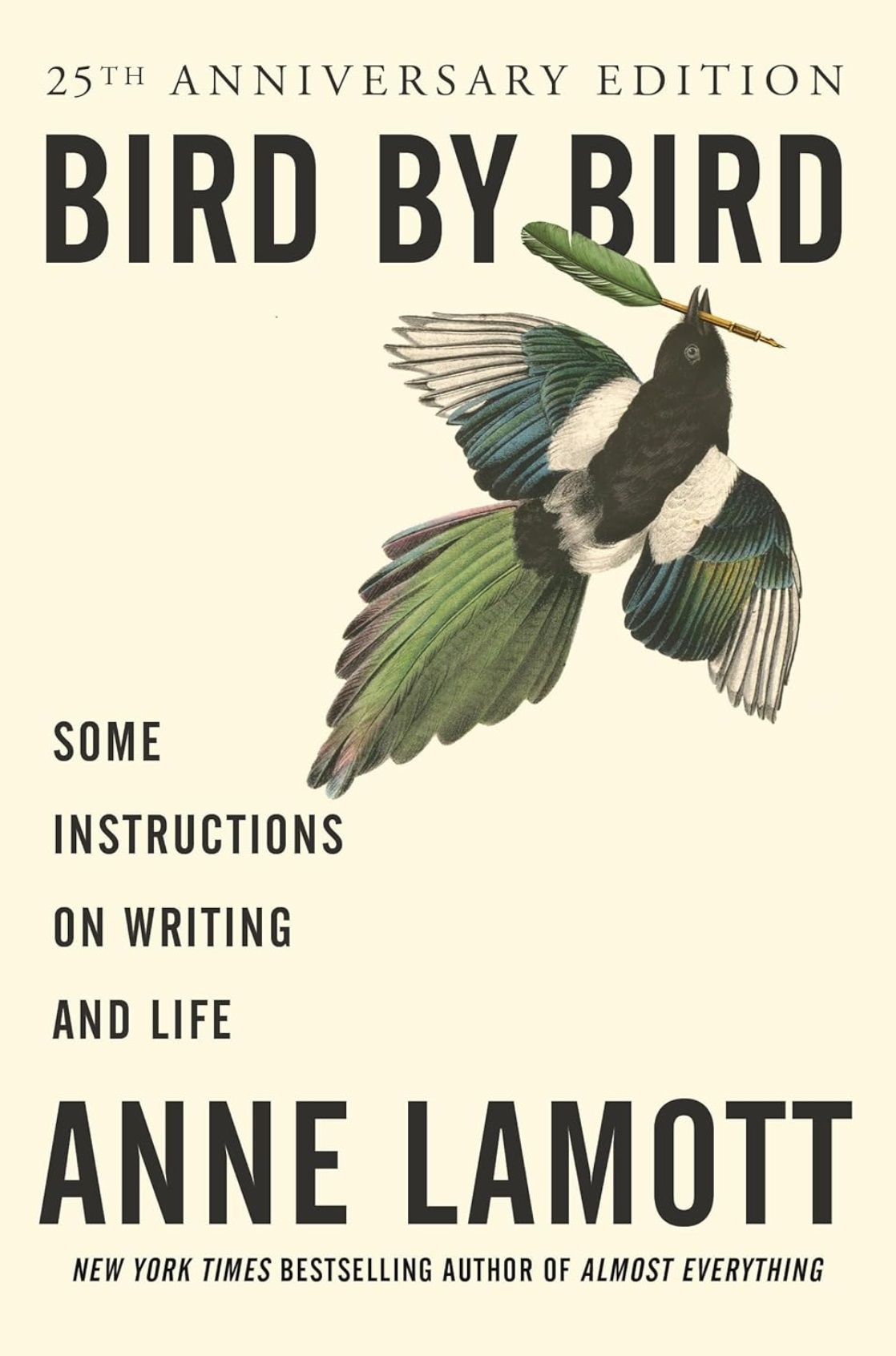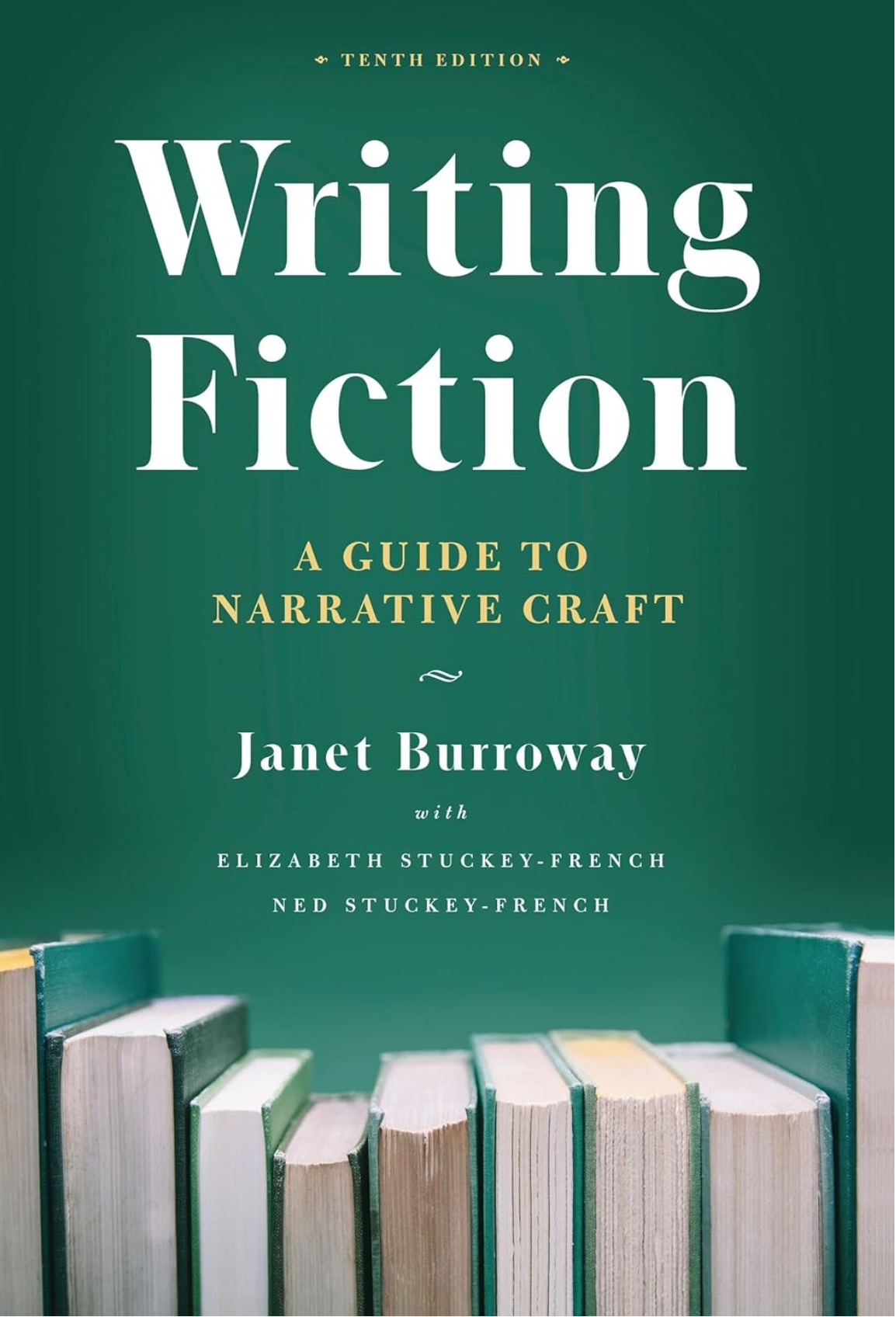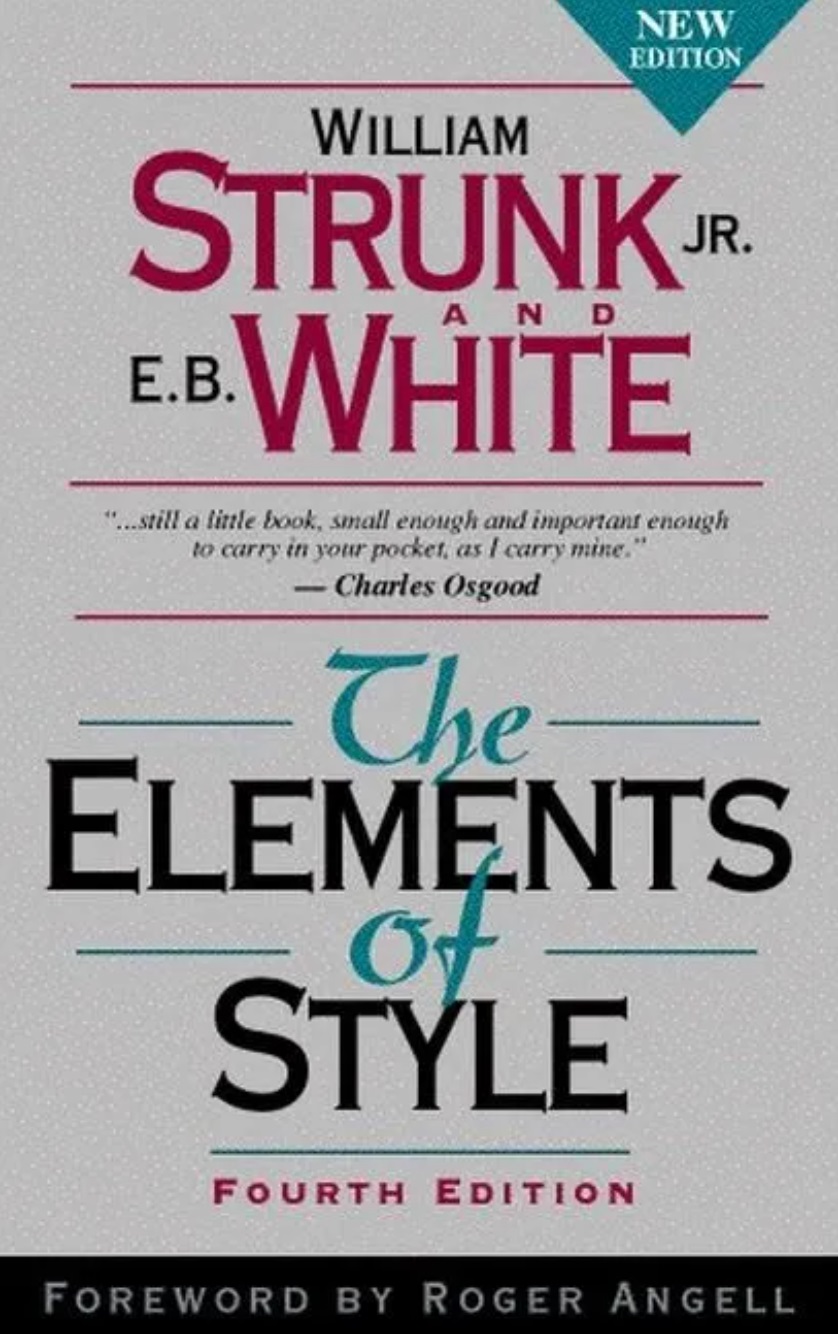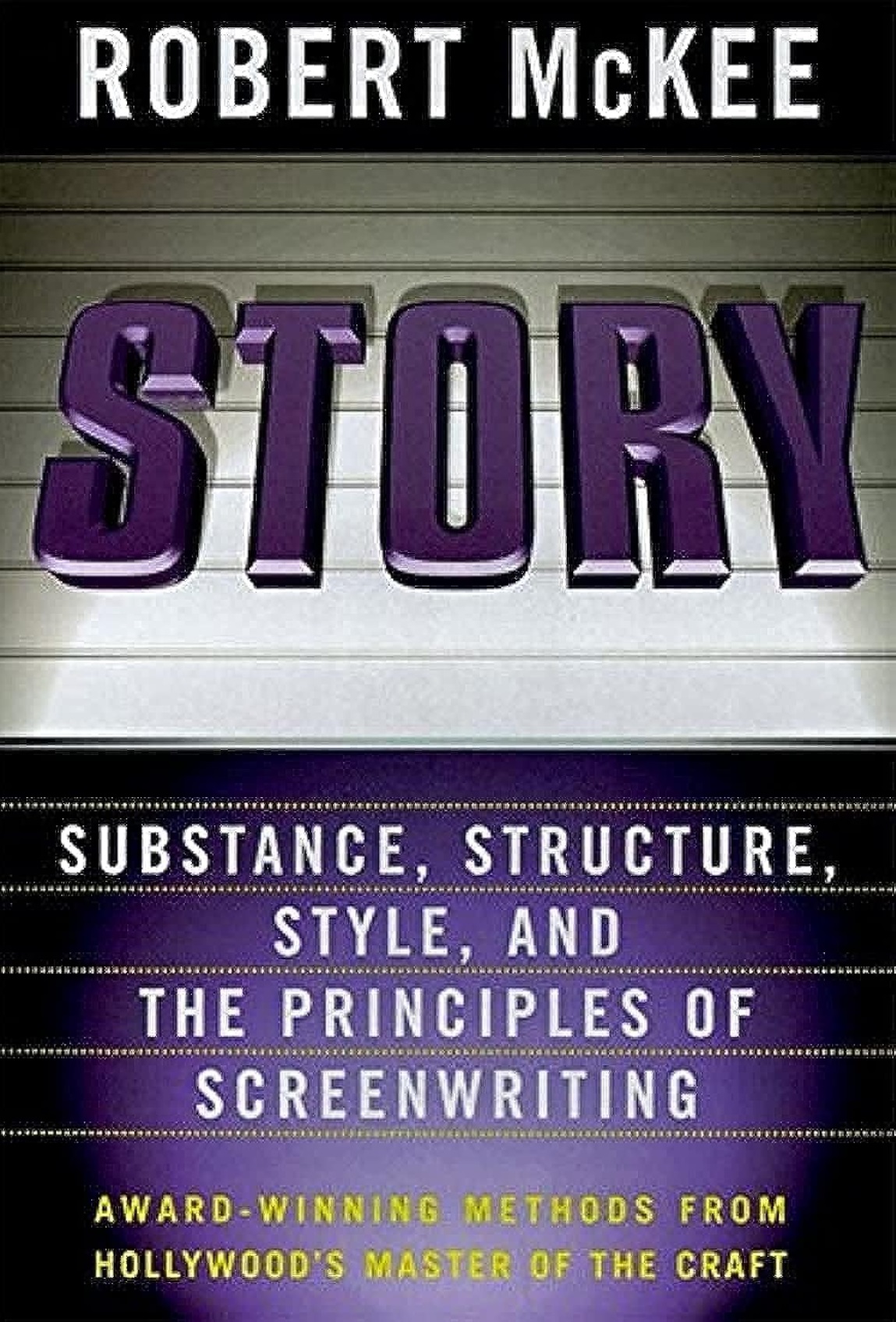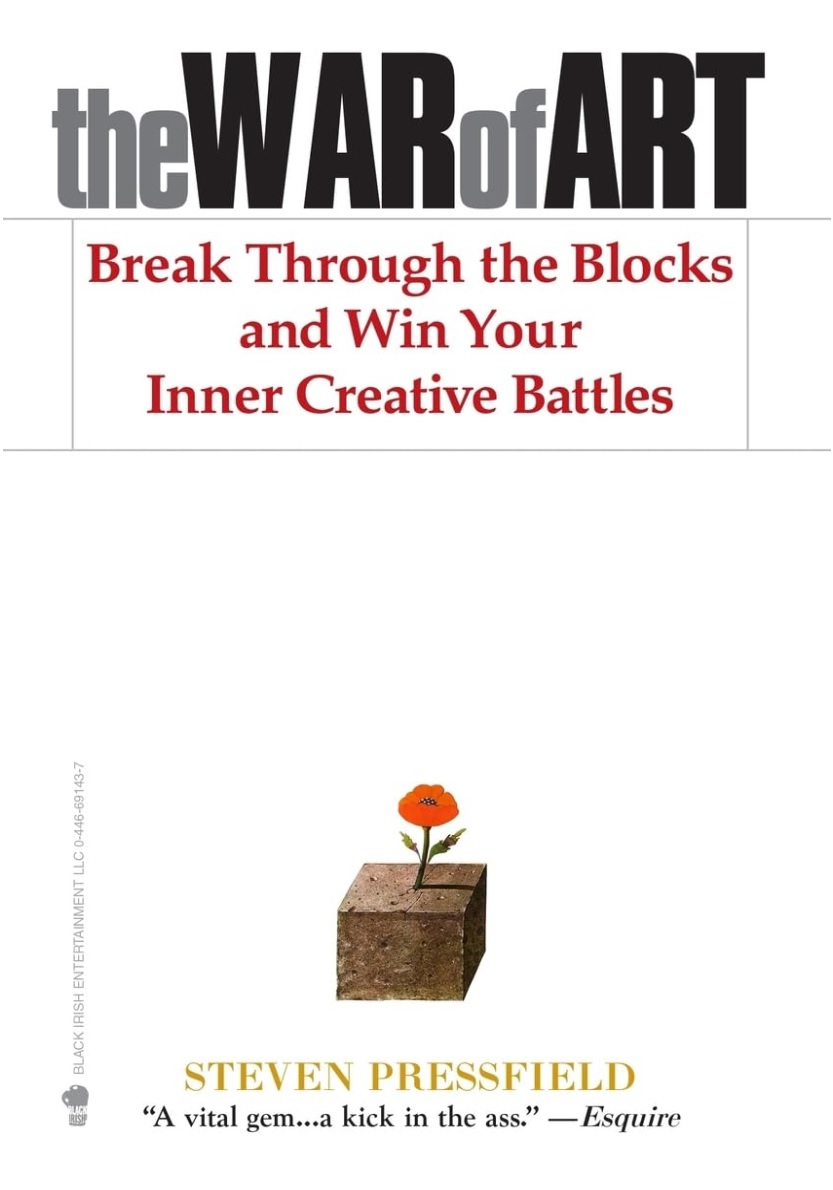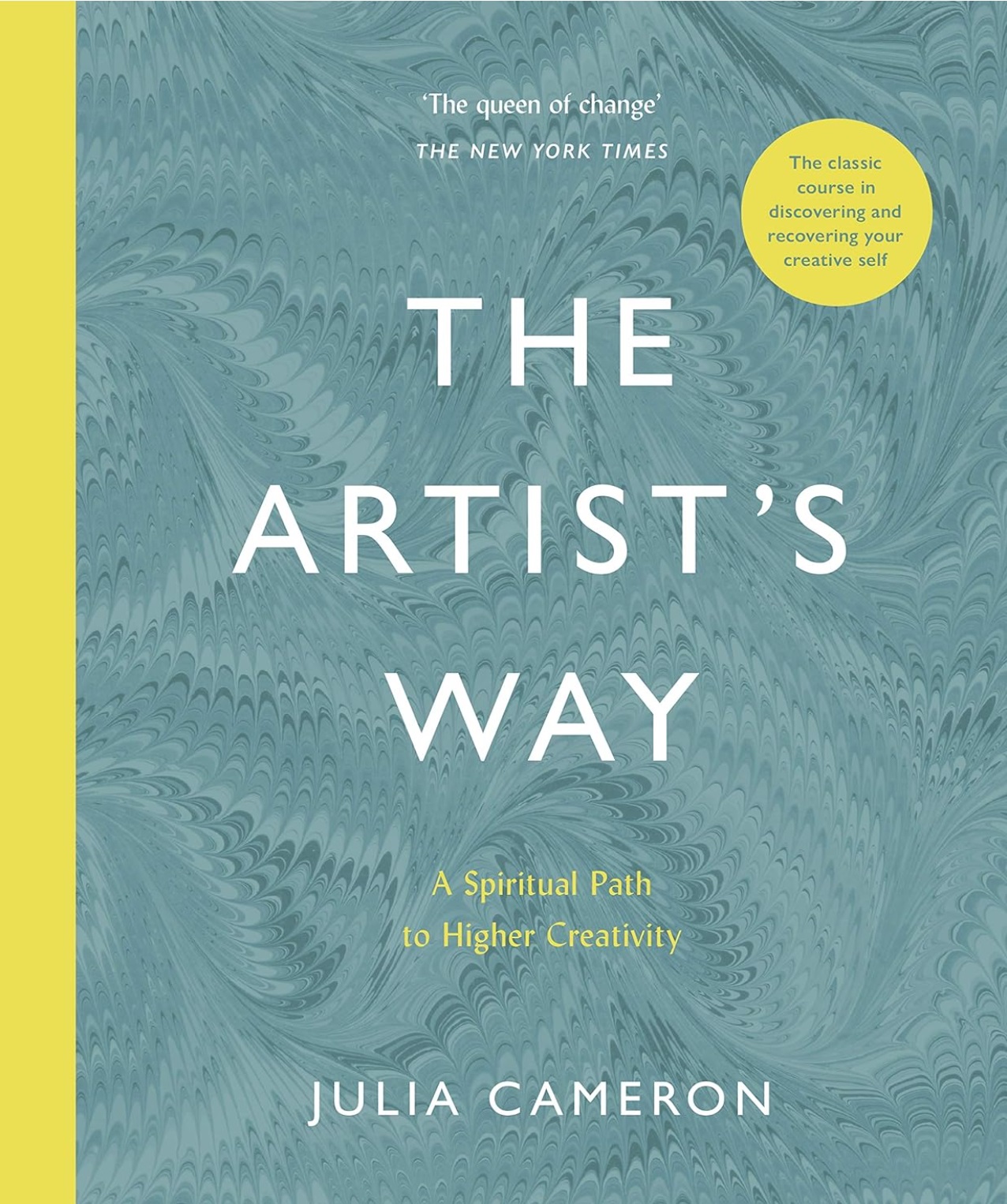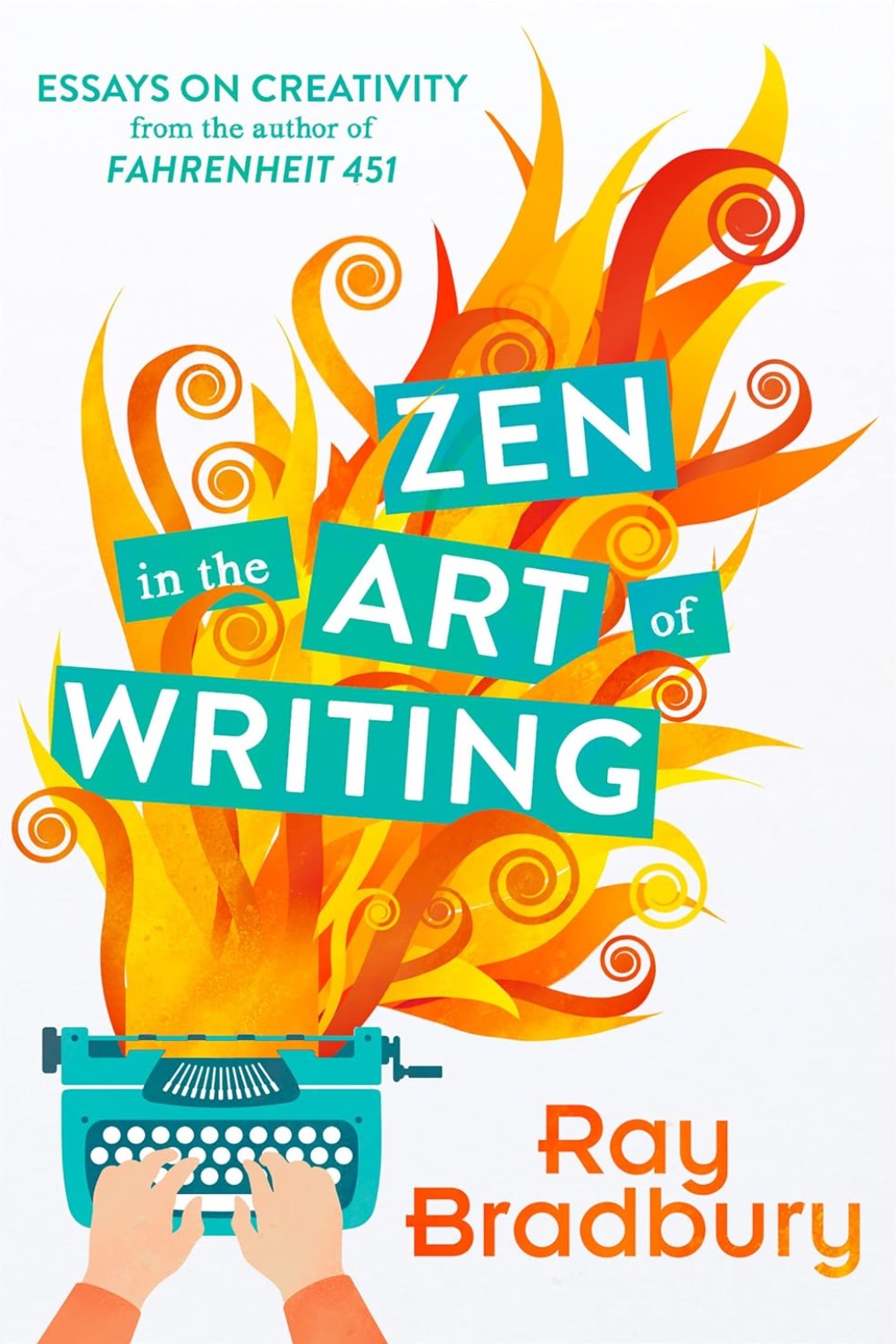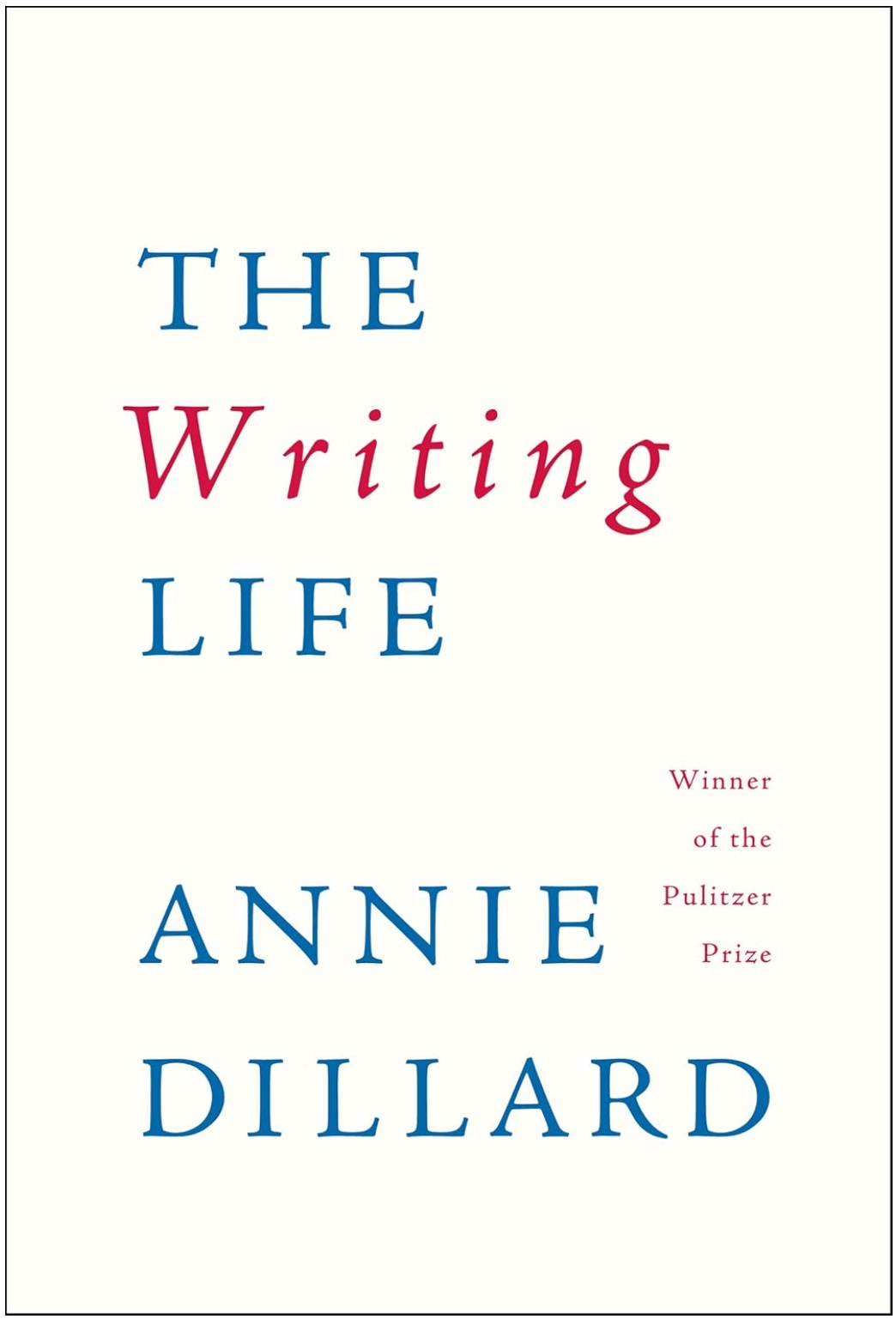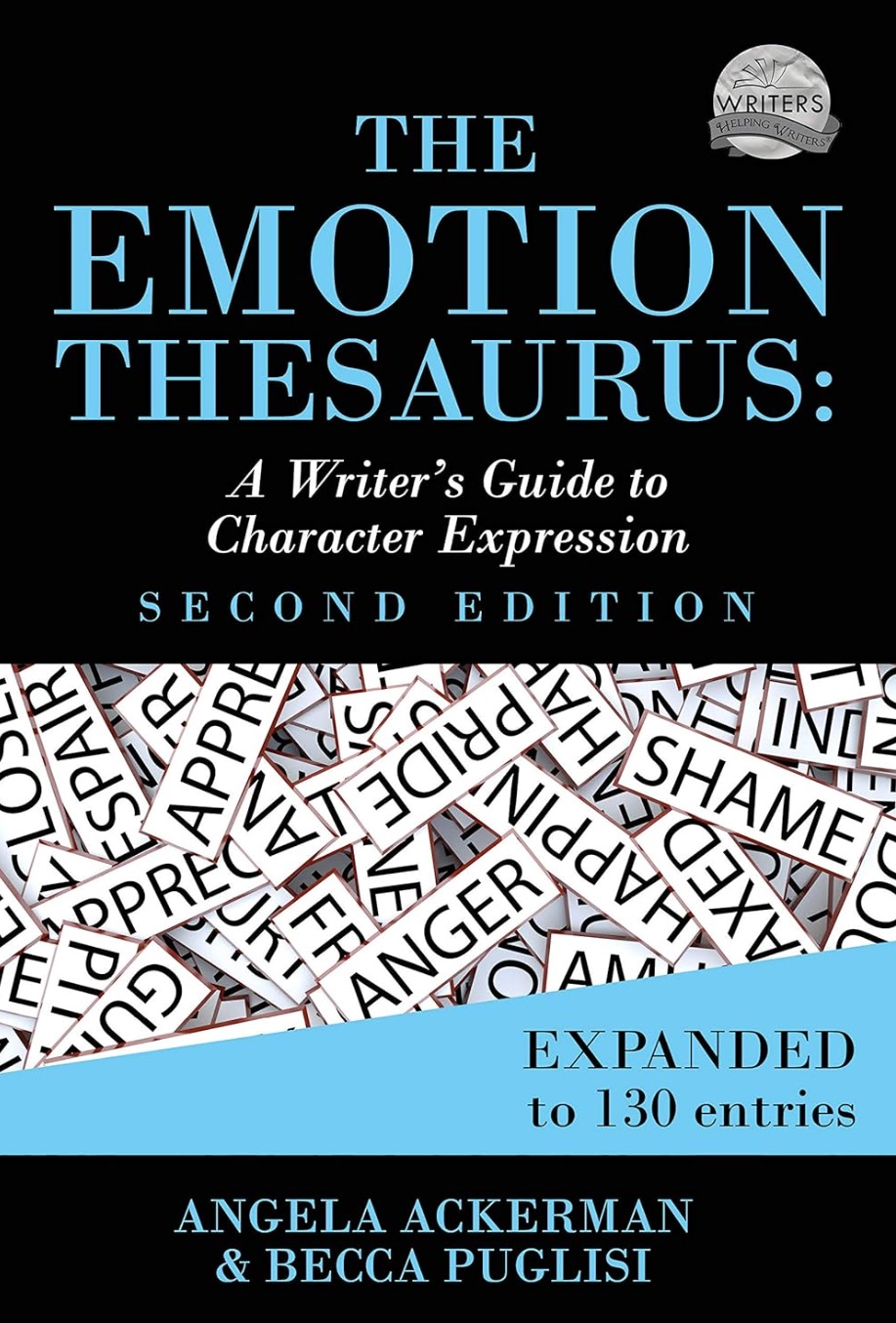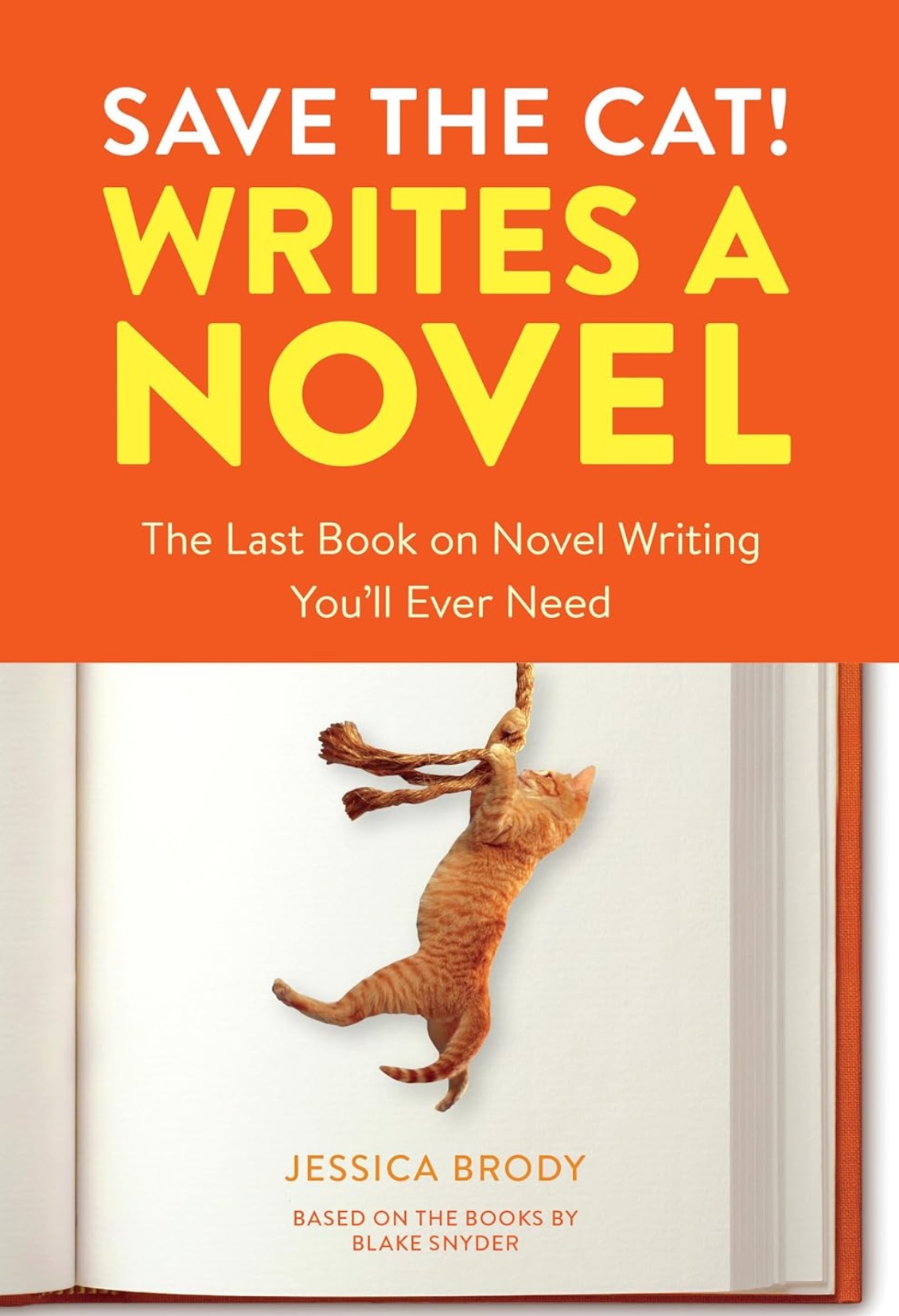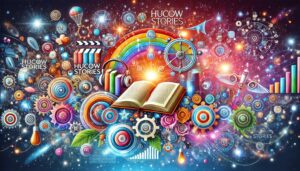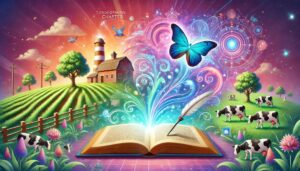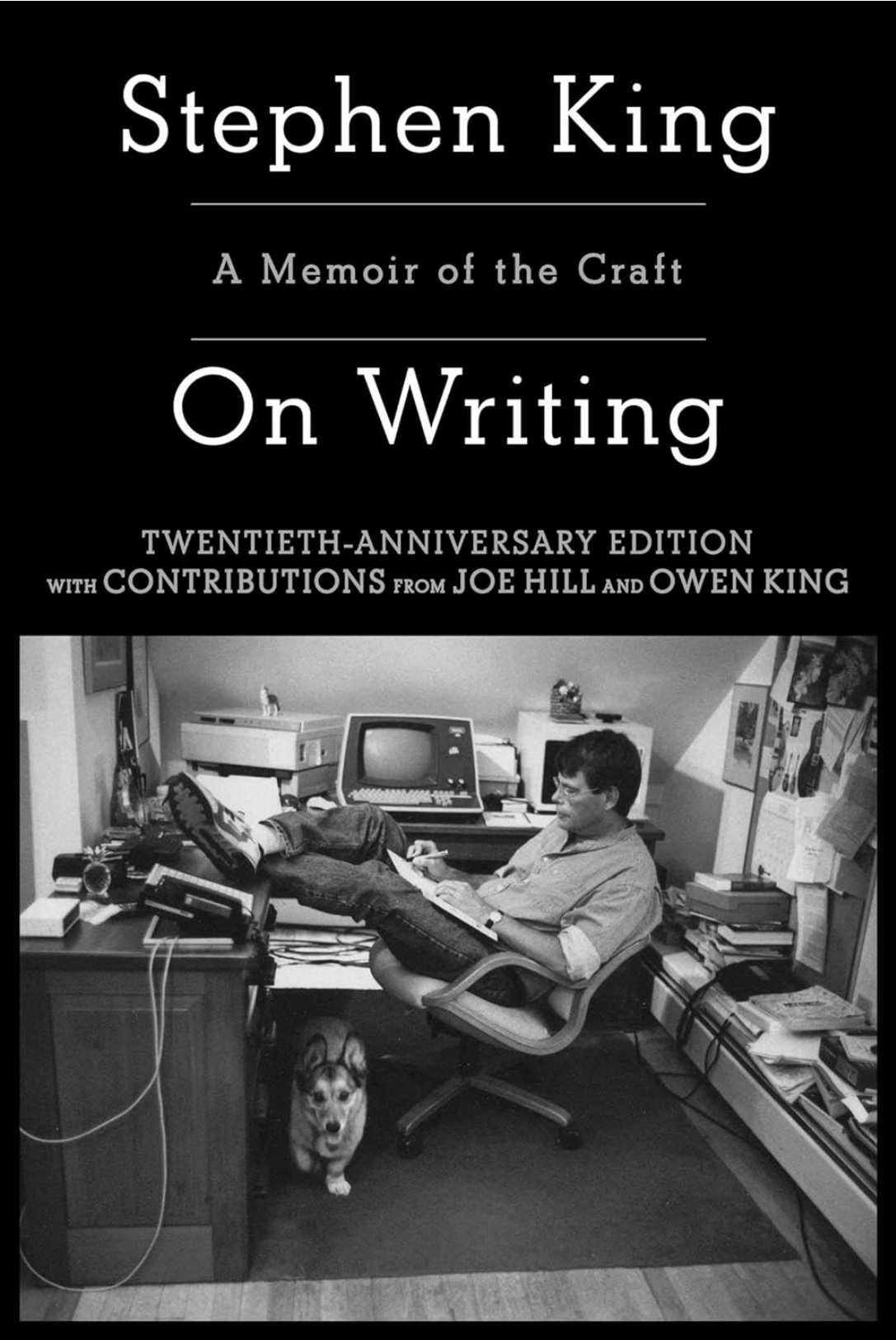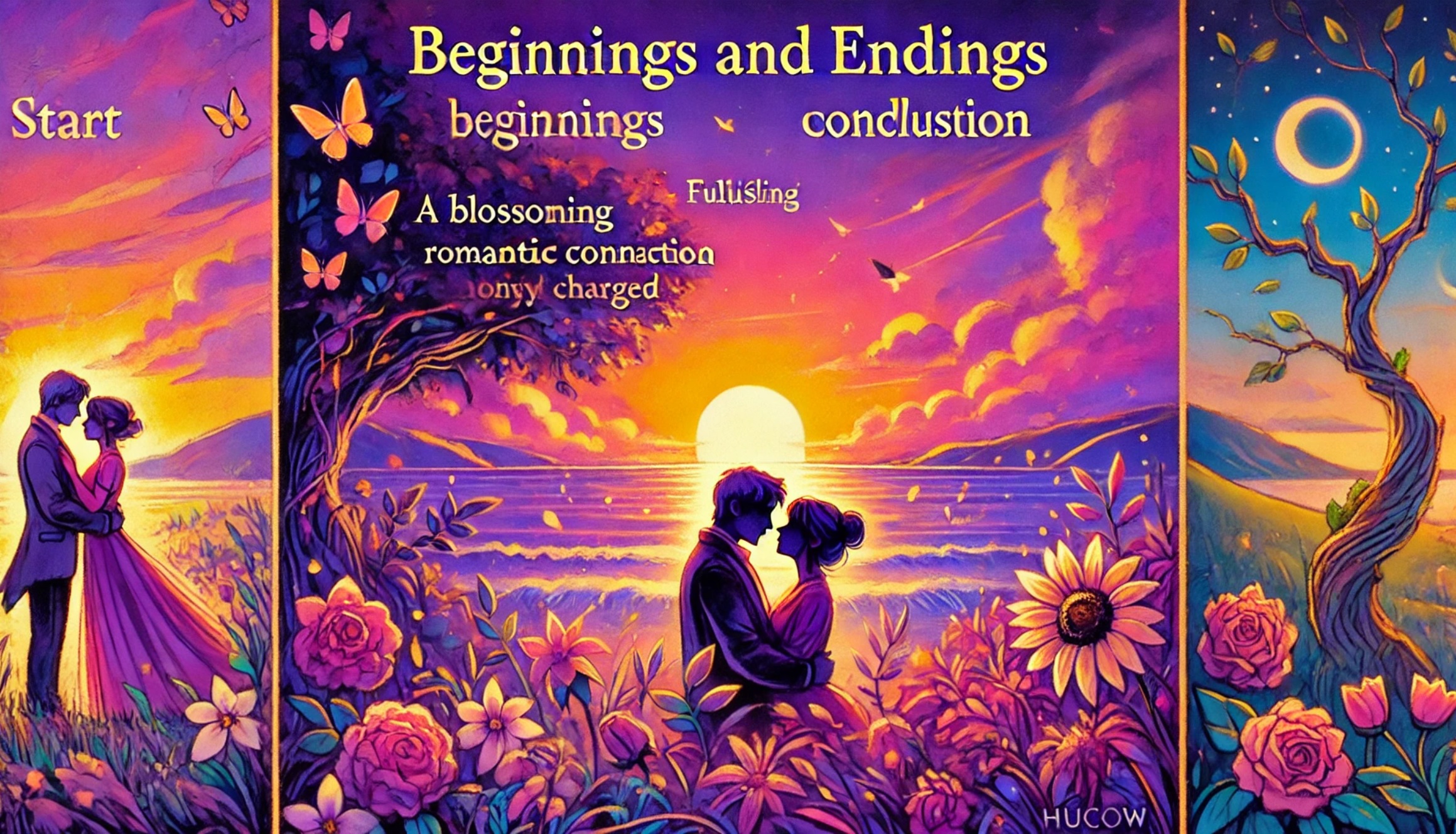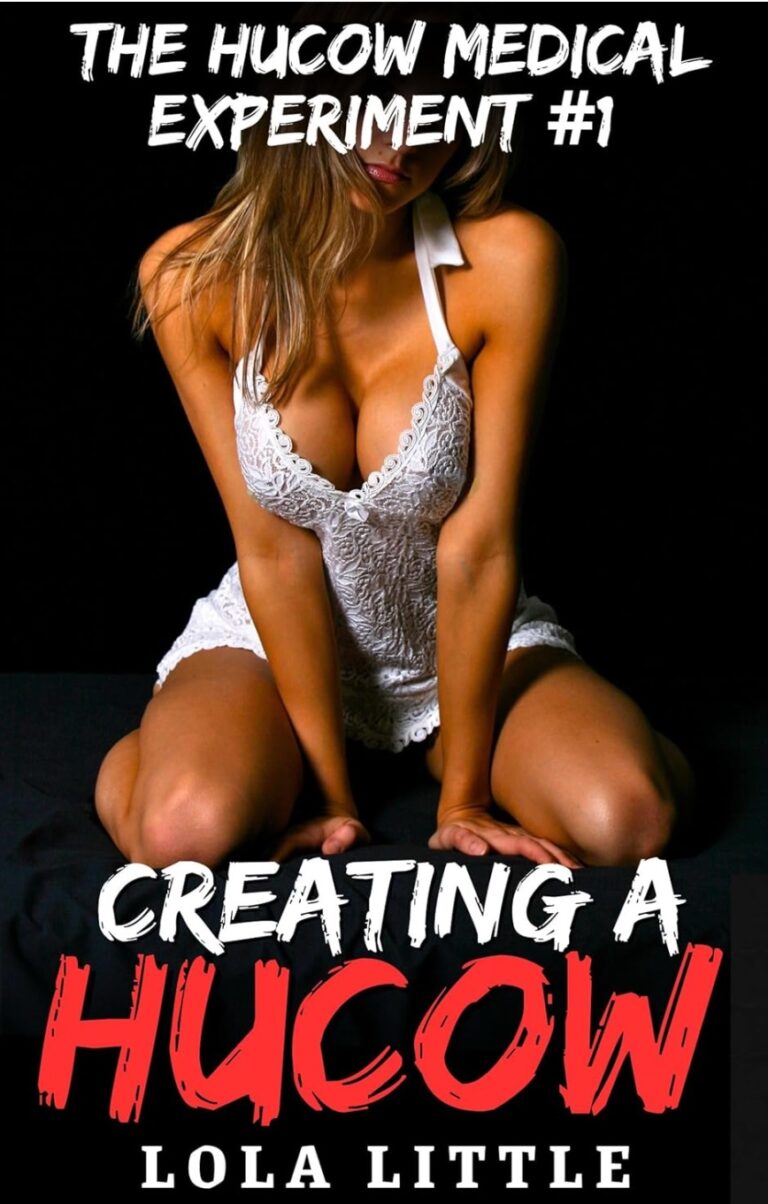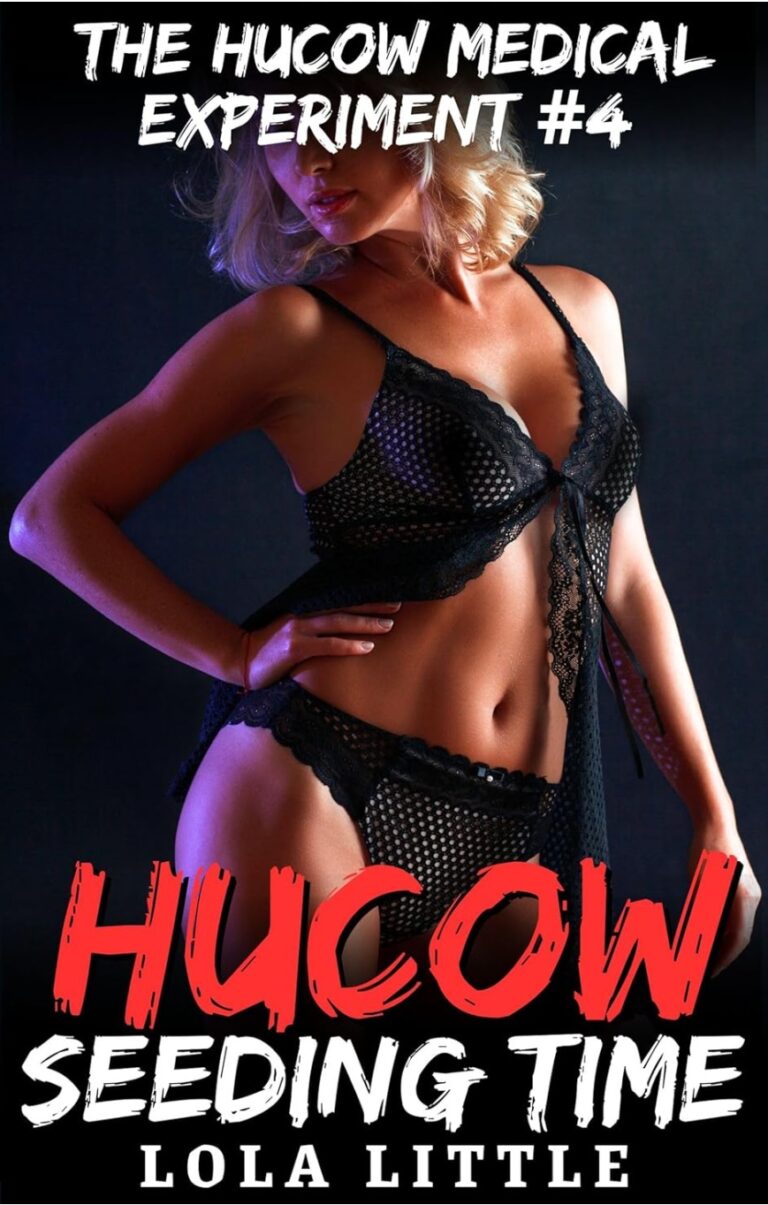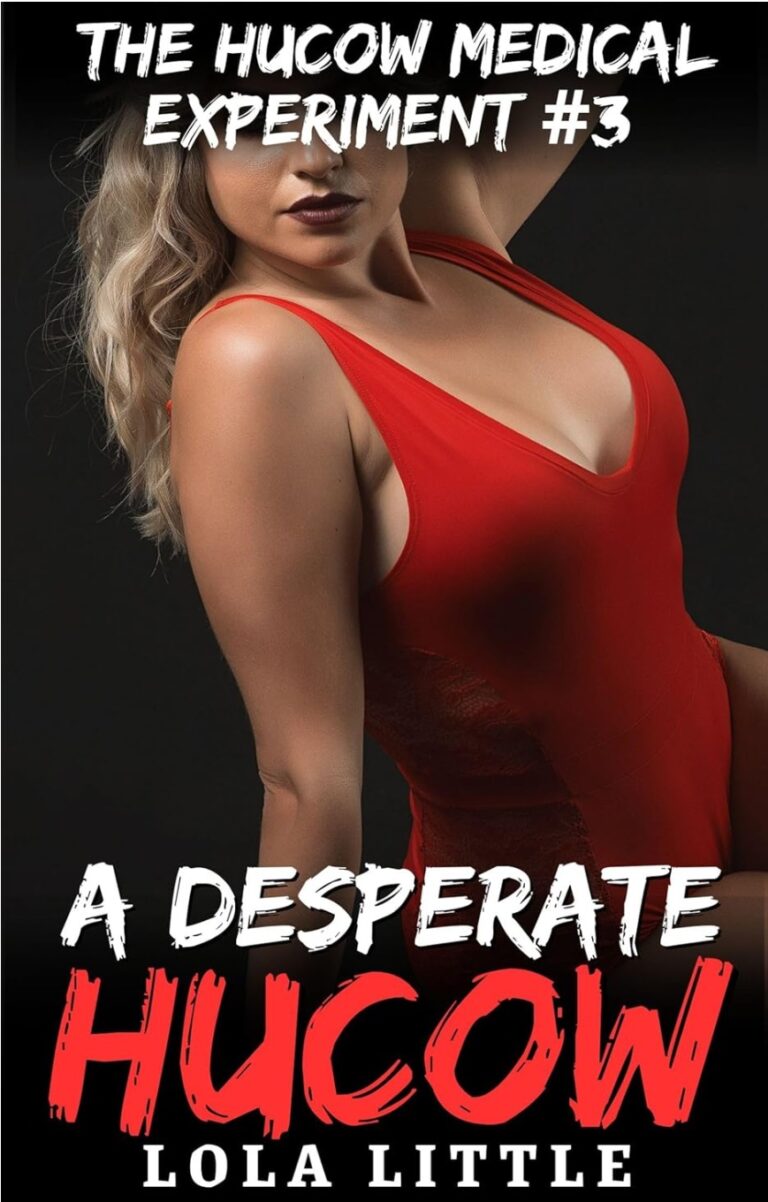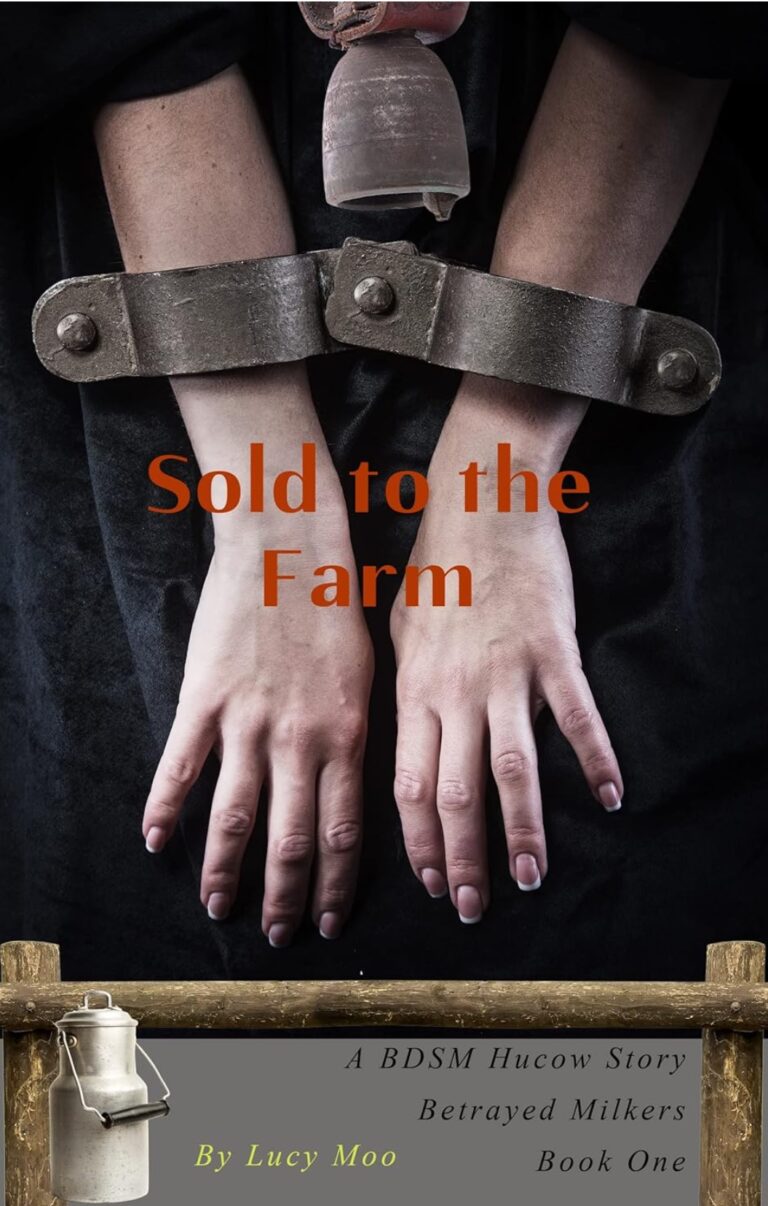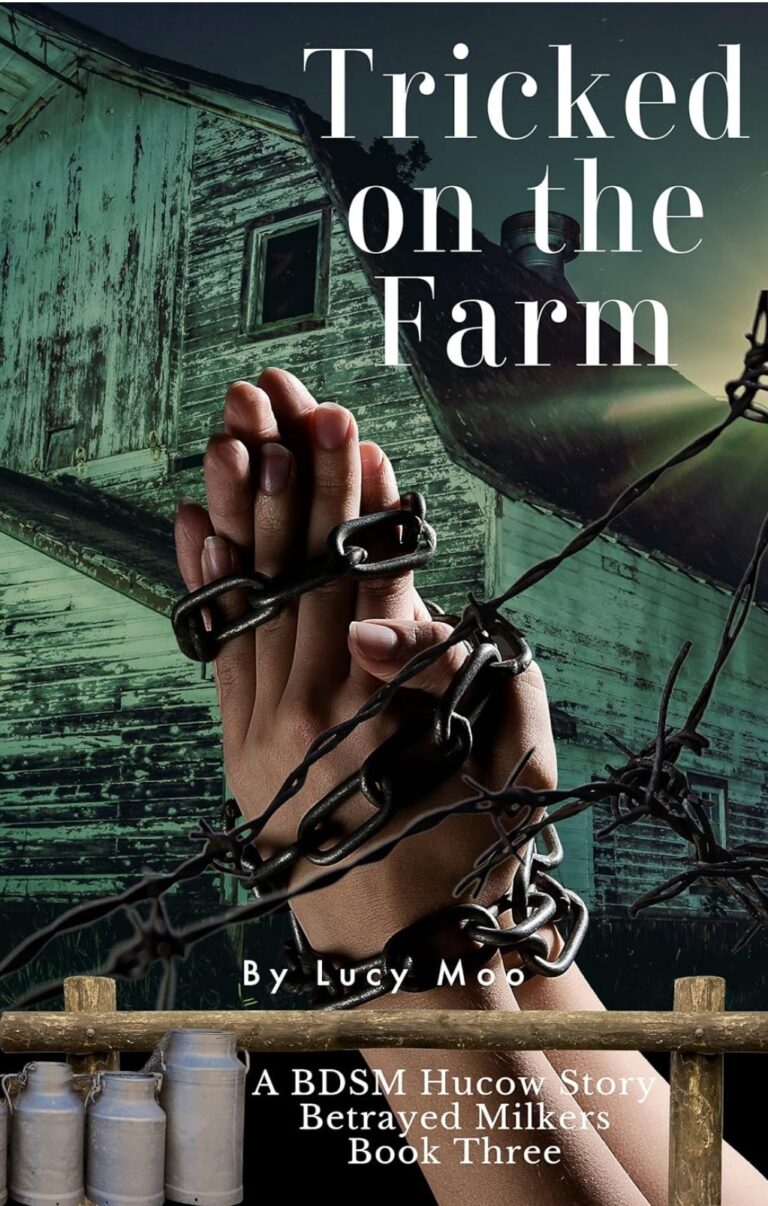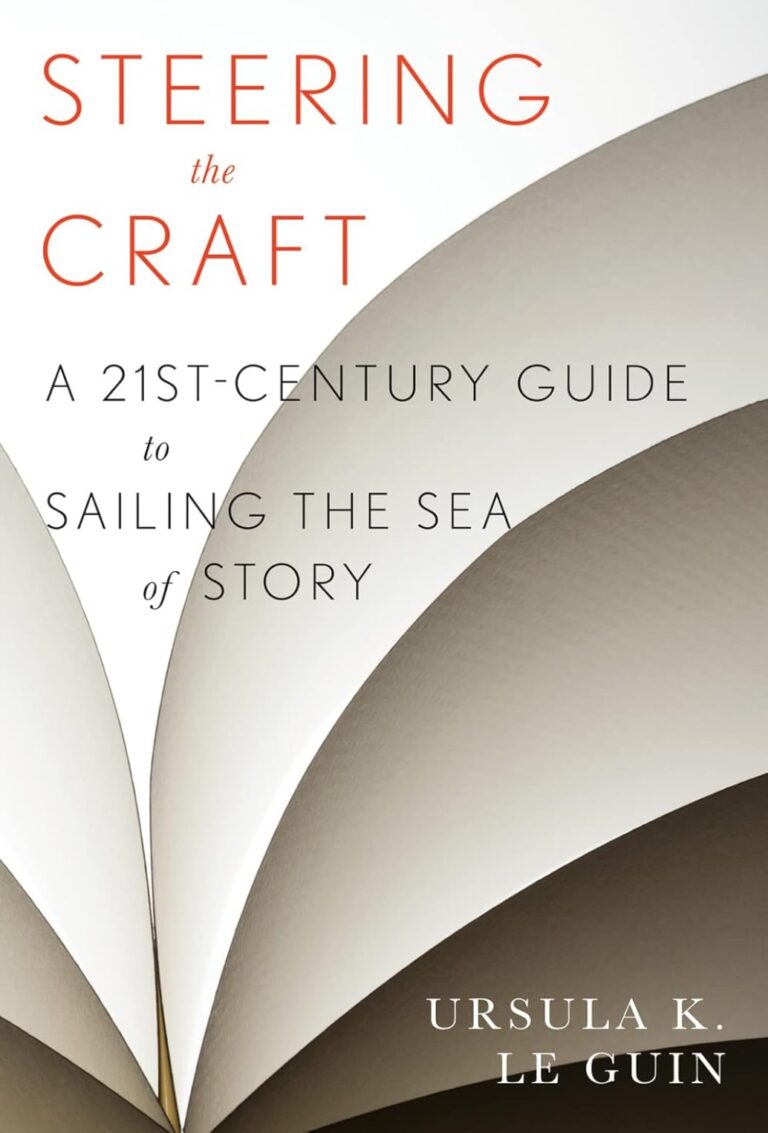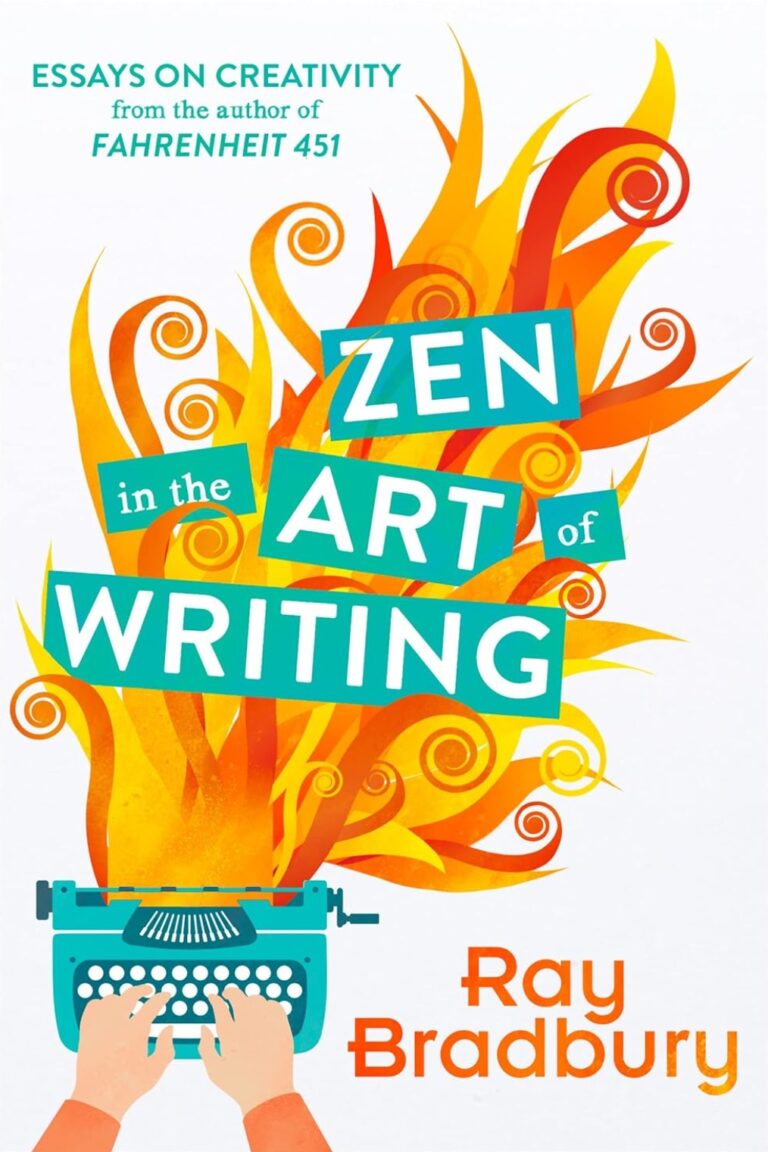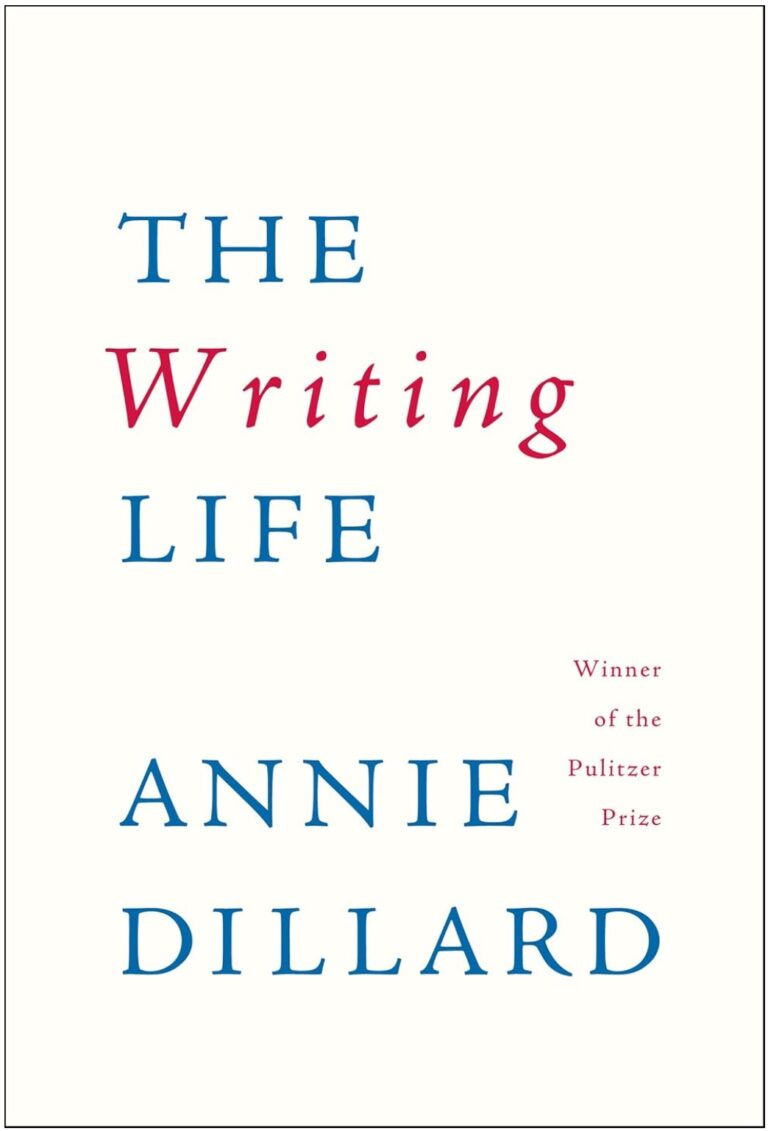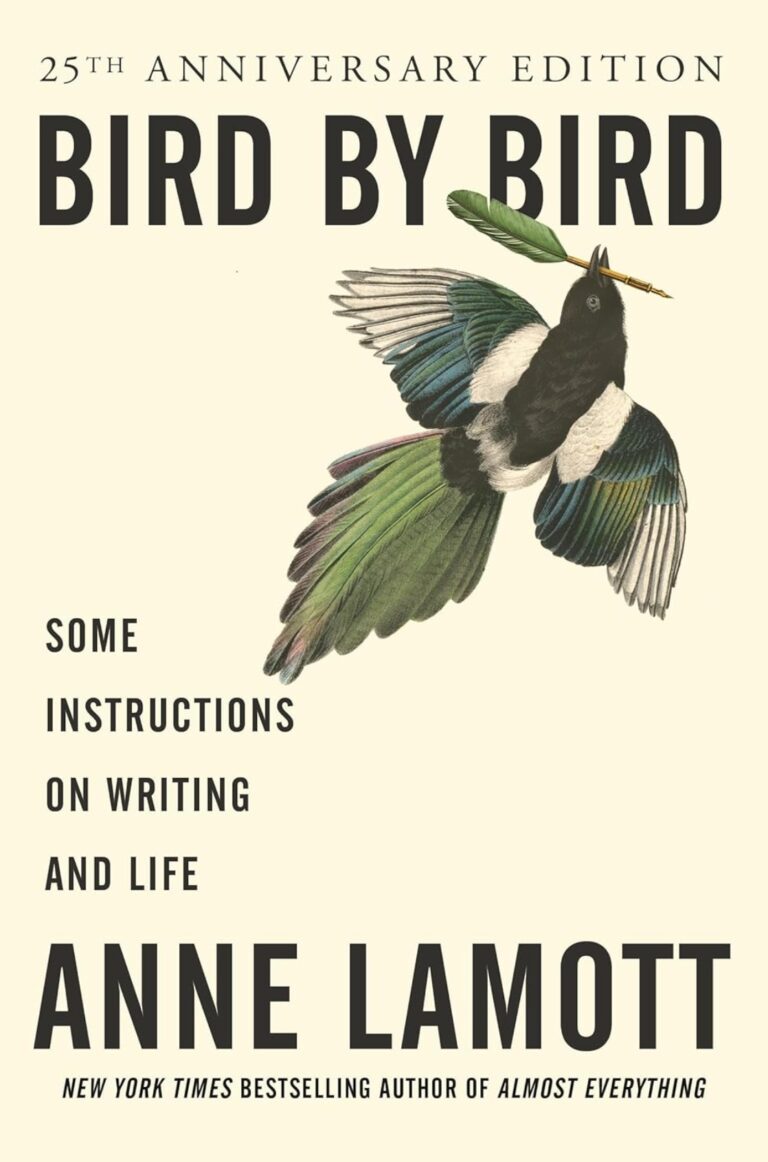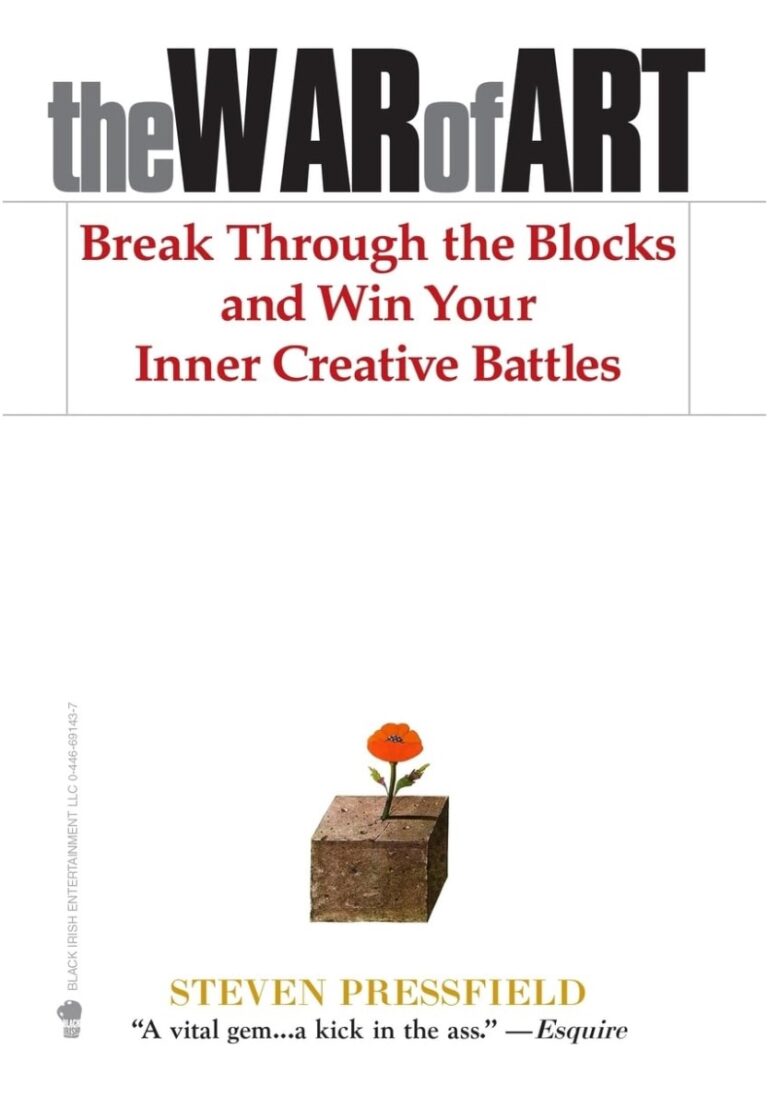Table of Contents
ToggleIntroduction
Why Books on Writing Matter for Aspiring Writers
As writers, I think we’ve all had those moments when we stare at a blank page, feeling both excited and a little terrified. Writing is one of those crafts that can be deeply rewarding but also incredibly challenging.
That’s why I believe reading books on writing is essential for anyone serious about honing their craft.
Whether you’re just starting or you’ve been writing for years, books on writing can be your best friend—they offer advice, inspiration, and those much-needed “aha!” moments that push you through your creative blocks.
When I started diving deeper into writing, I found myself hungry for knowledge. I wanted to learn from the masters, hear about their experiences, and gain insights that would help me navigate my own writing journey.
What I discovered was a wealth of knowledge in the pages of books specifically designed for writers like you and me—books that explore everything from narrative structure to character development, to finding joy in the creative process.
So, in this guide, I’ll take you through some of the best books that every aspiring writer should read, and I’ll share why they’ve been so helpful for me.
What to Expect from This Guide
I’ve put together this comprehensive guide to highlight some of the most impactful books for writers. These aren’t just dry, technical manuals (though we’ll cover some of those too).
Many of these books are packed with personal stories, practical advice, and powerful insights that can truly transform the way you write.
Whether you’re looking to improve your storytelling, get better at writing characters, or simply find the motivation to sit down and write each day, I’ve got you covered.
So grab your favorite notebook and settle in—let’s dive into some amazing books that will help take your writing to the next level.
Books on the Craft of Writing
The best place to start is with the basics, right? When I first began, I realized that no matter how creative you are, you need to understand the craft of writing—things like structure, dialogue, pacing, and description. Get the foundation right, and everything builds on top of it.
Luckily, there are a few books that break down these elements in a way that’s easy to grasp, even if you’re just starting out. Here are a few that I found incredibly useful.
On Writing: A Memoir of the Craft by Stephen King
This book holds a special place in my heart because King doesn’t just offer advice—he gives you a backstage pass to his own writing journey, full of honesty and humility.
On Writing is part memoir, part guidebook, blending practical writing tips with deeply personal stories. King’s approach makes it feel like you’re having a candid conversation with a seasoned mentor.
He shares how he began writing as a young boy, the early challenges he faced, and the lessons he learned along the way, making it a relatable and inspiring read for aspiring writers. Read my review of On Writing.
Why You Should Read It
If you’re someone who struggles with feeling like you’re “not good enough” to be a writer, King’s candid discussion of rejection letters and early failures is reassuring.
He reminds us that persistence is key, but he also dives into the nuts and bolts of writing, from cutting adverbs to developing strong characters.
Key Takeaways from the Book
One of my favorite pieces of advice from King is about writing every day—whether you feel inspired or not. He emphasizes the importance of treating writing like a job, showing up to the page consistently, and being ruthless in the editing process.
He also talks about the “toolbox” every writer should have, which includes everything from vocabulary to grammar skills, and how to use them effectively. Overall, On Writing is a must-read if you want both inspiration and practical guidance.
Bird by Bird: Some Instructions on Writing and Life by Anne Lamott
When I first read Bird by Bird, I felt like Anne Lamott was speaking directly to me. Her voice is warm, funny, and full of empathy.
This book is not just about writing; it’s also about how to navigate the emotional ups and downs of the writing life.
If you’ve ever felt overwhelmed by the thought of starting a project or struggled with self-doubt, this book will be a comforting companion.
Read my detailed review of Bird by Bird.
Why You Should Read It
What I love about Bird by Bird is how Lamott encourages writers to embrace the messy, imperfect process of writing. She tells us that it’s okay to write “shitty first drafts” because that’s where the magic begins.
The book also offers some solid advice on character development, plot, and dialogue, but what really sets it apart is its focus on the emotional side of writing.
Key Takeaways from the Book
One of the biggest lessons I took away from this book is the importance of taking things one step at a time—hence the title, Bird by Bird.
When you’re feeling overwhelmed, Lamott advises focusing on one small task at a time, whether it’s writing one page or developing a single scene.
Another gem from this book is the idea that perfectionism is the enemy of creativity. Lamott’s humorous take on writer’s block and procrastination makes the book an enjoyable read that also offers deep wisdom.
Writing Fiction: A Guide to Narrative Craft by Janet Burroway
Now, if you’re looking for something more technical, Writing Fiction by Janet Burroway is a fantastic guide. It’s like having a personal writing workshop at your fingertips.
The book covers everything from plot structure and character development to dialogue and point of view.
What’s great about this guide is that it’s packed with examples from literature, so you can see the techniques in action.
Read my review of Writing Fiction.
Why You Should Read It
Writing Fiction is ideal if you want to dig deeper into the craft of storytelling. Burroway breaks down complex concepts in a way that’s easy to understand, whether you’re a beginner or an experienced writer.
It’s also filled with exercises to help you practice and apply what you’ve learned, which I found incredibly useful when I was trying to improve my narrative skills.
Key Takeaways from the Book
One key takeaway from this book is the importance of understanding your characters’ motivations. Burroway emphasizes that plot and character are intertwined—your characters’ desires drive the story forward.
She also offers practical advice on writing dialogue that feels natural and using setting as a way to reinforce themes. If you’re serious about improving your fiction writing, this is one of the most comprehensive guides out there.
The Elements of Style by William Strunk Jr. and E.B. White
Ah, The Elements of Style. This book is a classic for a reason. It’s short, to the point, and packed with essential rules for writing clear, concise prose.
While it may not be the most exciting read, I think every writer should have a copy of this book on their desk.
It’s especially helpful when you’re revising and need to tighten up your sentences.
Read my review of The Elements of Style.
Why You Should Read It
If you want to improve your grammar, usage, and style, this book is a must-read. Strunk and White focus on clarity and brevity, reminding writers to “omit needless words.”
Their advice on active voice, proper punctuation, and avoiding vague language is invaluable, especially if you want to elevate your writing to a more professional level.
Key Takeaways from the Book
One of the biggest lessons I learned from The Elements of Style is that less is more. By cutting unnecessary words and focusing on clarity, you can make your writing much stronger.
The book also offers practical tips on organizing your ideas and ensuring your writing flows smoothly from one point to the next. It may not be a page-turner, but it’s an indispensable resource for any writer looking to improve their technical skills.
Story: Substance, Structure, Style by Robert McKee
While Story is technically a book on screenwriting, don’t let that fool you—Robert McKee’s insights into storytelling apply to all forms of writing.
This book takes a deep dive into the structure of stories, exploring what makes them compelling and emotionally resonant.
If you want to understand the art of storytelling on a deeper level, Story is a must-read.
Read my review of Story.
Why You Should Read It
McKee breaks down storytelling into its essential components, offering a framework that works for novels, short stories, and even non-fiction.
His focus on story structure, character arcs, and theme is incredibly valuable for any writer who wants to create stories that resonate with readers.
Even though the book is geared toward screenwriters, the principles he outlines are universal.
Key Takeaways from the Book
One of the key takeaways from Story is the importance of structure. McKee argues that a well-structured story is one that keeps readers engaged from beginning to end.
He also emphasizes the role of conflict in driving a story forward—without conflict, there’s no story.
McKee’s approach to storytelling is analytical, but he also encourages writers to tap into their creativity and push the boundaries of what’s possible in their writing.
Books on Overcoming Creative Blocks and Finding Inspiration
We’ve all been there—staring at a blank page, waiting for inspiration to strike, and feeling completely stuck. It’s one of the most frustrating parts of being a writer, but thankfully, there are books that can help you push through those creative blocks.
These books aren’t just about technique; they offer motivation, inspiration, and tools for reigniting your creative spark.
The War of Art: Break Through the Blocks by Steven Pressfield
When I first read The War of Art, it felt like a much-needed kick in the pants. Steven Pressfield doesn’t sugarcoat anything—he’s brutally honest about the fact that the biggest obstacle to creativity is ourselves. He identifies “Resistance” as the force that keeps us from doing our creative work, and he offers strategies to overcome it.
If you’ve ever procrastinated on a writing project or felt paralyzed by self-doubt, this book will help you understand why—and more importantly, how to push through it.
Read my review of The War of Art.
Why You Should Read It
The War of Art is perfect for writers who struggle with motivation. Pressfield’s no-nonsense approach makes it clear that the only way to get past creative blocks is to do the work, day in and day out.
He calls out all the excuses we make for not writing and shows us how to move beyond them. This book will inspire you to stop overthinking and start creating.
Key Takeaways from the Book
The main takeaway from The War of Art is that resistance is universal—every creative person faces it. But the difference between professionals and amateurs is that professionals show up and do the work, no matter what.
Pressfield also encourages us to view writing as a calling or vocation, rather than just a hobby. By treating it seriously, we can overcome the internal blocks that hold us back and develop a more disciplined approach to writing.
The Artist’s Way: A Spiritual Path to Higher Creativity by Julia Cameron
If you’re looking for a more nurturing approach to overcoming creative blocks, The Artist’s Way by Julia Cameron is a fantastic resource. This book is designed as a 12-week program that helps writers reconnect with their artistic selves.
Cameron introduces practices like Morning Pages (daily stream-of-consciousness writing) and Artist Dates (solo excursions) to help you unblock your creativity.
Read my review of The Artist’s Way.
Why You Should Read It
The Artist’s Way is for writers who feel disconnected from their creativity. Cameron’s approach is gentle and supportive, and she emphasizes the importance of self-care and reflection in the creative process.
If you’ve been struggling with burnout or writer’s block, this book will help you rediscover the joy of writing.
Key Takeaways from the Book
One of the most powerful takeaways from The Artist’s Way is the idea of Morning Pages—three pages of free writing done every morning. This practice helps clear mental clutter and makes room for new ideas.
Another key takeaway is the importance of nurturing your inner artist. Cameron encourages writers to take time for themselves, seek out inspiration, and engage in activities that bring them joy. This holistic approach to creativity is both refreshing and effective.
Zen in the Art of Writing by Ray Bradbury
Ray Bradbury’s Zen in the Art of Writing is pure joy in book form. It’s a collection of essays where Bradbury shares his love for writing and offers advice on how to stay passionate about the craft.
Bradbury’s enthusiasm is infectious, and this book is perfect for writers who need a boost of inspiration. His essays range from practical tips to philosophical musings on the creative process, all delivered in his signature poetic style.
Read my review of Zen in the Art of Writing.
Why You Should Read It
If you’re feeling uninspired or bogged down by the pressures of writing, Zen in the Art of Writing will remind you why you started in the first place.
Bradbury encourages us to write with joy and abandon, to follow our passions, and to treat writing as an adventure.
His words are a reminder that writing isn’t just about discipline—it’s also about having fun.
Key Takeaways from the Book
One of the best pieces of advice in this book is to write what you love. Bradbury believes that the key to great writing is passion, and he urges writers to follow their instincts and write stories that excite them.
He also emphasizes the importance of writing every day, but in a way that feels playful rather than burdensome. This book will help you reconnect with the sheer joy of storytelling.
The Writing Life by Annie Dillard
Annie Dillard’s The Writing Life is a contemplative and poetic exploration of the challenges and rewards of being a writer.
Dillard reflects on the solitude, discipline, and struggles that come with the craft, offering readers a glimpse into her own writing process.
This book is less about practical advice and more about the emotional and philosophical aspects of writing.
Read my review of The Writing Life.
Why You Should Read It
The Writing Life is perfect for writers who want to reflect on the deeper meaning of their craft. Dillard’s lyrical prose and introspective approach make this book a thought-provoking read.
It’s not a how-to guide, but rather a meditation on what it means to dedicate oneself to writing, despite the difficulties and uncertainties.
Key Takeaways from the Book
One of the key takeaways from The Writing Life is the idea that writing is a solitary, often difficult pursuit, but one that is ultimately rewarding. Dillard emphasizes the importance of persistence, even when the work feels slow or frustrating.
She also reflects on the idea that writing is not about seeking fame or recognition, but about the act of creation itself. This book is a reminder that the writing life is not an easy one, but it is deeply fulfilling.
Books on Character Development and Emotion
Creating characters that feel real and emotionally complex is one of the most challenging aspects of writing. It’s not enough to tell readers how your character feels—you need to show it through their actions, body language, and internal responses.
The following books have helped me craft more believable, emotionally engaging characters, and I think they’ll do the same for you.
The Emotion Thesaurus: A Writer’s Guide to Character Expression by Angela Ackerman & Becca Puglisi
If you’ve ever struggled with finding fresh ways to show how your characters feel, The Emotion Thesaurus is the perfect tool.
This book offers a comprehensive list of physical actions, internal sensations, and mental responses for over 130 emotions, helping writers avoid clichés and show character emotions in a more nuanced, authentic way.
The book is a great way to get out of a writing rut, as it lets you explore the rich tapestry of possible emotions your characters could be experiencing.
Read my review of The Emotion Thesaurus.
Why You Should Read It
The Emotion Thesaurus is a must-have for any writer who wants to take their character development to the next level.
Whether you’re drafting a new scene or revising an old one, this book provides endless inspiration for how to show, not tell, your character’s emotions.
It’s especially helpful if you find yourself using the same emotional cues over and over again (we’ve all been there!).
Key Takeaways from the Book
The biggest takeaway from The Emotion Thesaurus is that emotions are complex and can be expressed in a variety of ways.
By offering multiple options for each emotion, the book encourages writers to think beyond the obvious and explore subtle, layered expressions of emotion.
It’s an invaluable resource for creating characters that feel real, relatable, and emotionally rich.
Save the Cat! Writes a Novel: The Last Book on Novel Writing You’ll Ever Need by Jessica Brody
While Save the Cat! Writes a Novel is primarily a guide to story structure, it also offers valuable insights into character development.
Jessica Brody adapts the popular “Save the Cat” screenwriting method for novelists, helping writers create compelling, emotionally resonant characters that drive the story forward.
Read my review of Save the Cat! Writes a Novel.
Why You Should Read It
This book is perfect if you want a clear, actionable framework for plotting your novel while also ensuring that your characters have emotional depth.
Brody’s approach makes it easy to structure your story in a way that keeps readers engaged, while also developing character arcs that resonate.
Key Takeaways from the Book
One of the key takeaways from Save the Cat! Writes a Novel is the importance of creating a “Save the Cat” moment for your protagonist—a moment early in the story where your character does something likable or relatable that makes readers root for them.
Brody also emphasizes the importance of character growth, showing how internal conflicts and emotional stakes drive the plot. This book is a great blend of story structure and character development, making it a valuable resource for any writer.
How These Books Will Elevate Your Writing
Hone Your Craft
One of the biggest benefits of reading the books in this guide is that they will help you hone the foundational elements of writing. Whether you’re looking to master narrative structure, develop stronger characters, or understand the mechanics of clear and effective prose, each book offers specific tools you can use to improve your writing.
For example, books like On Writing by Stephen King and The Elements of Style by Strunk and White provide practical, actionable advice that you can apply immediately to your drafts.
These books break down complicated writing techniques into easy-to-understand lessons, helping you grasp concepts like showing versus telling, sentence structure, and character motivation.
By absorbing these lessons, you’ll find yourself becoming a more confident and skilled writer.
Unlock Creative Blockages
If you’ve ever felt stuck, unmotivated, or creatively blocked, reading books that address these issues can be life-changing.
Books like The War of Art by Steven Pressfield and The Artist’s Way by Julia Cameron don’t just talk about writing—they delve into the emotional and psychological challenges that come with the creative process.
These books offer practical strategies for overcoming procrastination, self-doubt, and fear, empowering you to push through creative blocks and write with more freedom.
The benefit here is huge: you’re not just learning how to write, but how to stay consistently productive and motivated in your writing life.
Many writers struggle with maintaining momentum, and these books provide the roadmap to keep going, even when the creative well seems dry.
Gain Confidence Through Expert Guidance
Learn from the Best
Another key benefit of reading the books recommended in this pillar post is that you’re learning directly from experts who have walked the path before you.
Writers like Ray Bradbury, Anne Lamott, and Robert McKee have decades of experience in the writing world, and they generously share their insights and hard-earned wisdom.
By learning from their successes (and failures), you gain a clearer understanding of what works and what doesn’t in the world of writing.
This kind of expert guidance is invaluable. Rather than stumbling through your writing journey alone, you’re getting a virtual mentor who can help guide you through the complexities of plot, character development, and storytelling.
This knowledge will not only save you time but also improve your writing quality exponentially.
Boost Emotional Resonance in Your Stories
Great writing is more than just well-constructed sentences—it’s about making readers feel something. Books like The Emotion Thesaurus by Angela Ackerman & Becca Puglisi provide specific, actionable ways to show character emotions through body language, internal sensations, and behavior.
The benefit of learning these techniques is that your stories will evoke stronger emotional responses from readers, making them more memorable and impactful.
When readers connect emotionally with your characters, they’re more likely to stay invested in your story, share it with others, and remember it long after they’ve finished reading. This emotional depth can make the difference between a good story and a great one.
Reap Long-Term Rewards in Your Writing Career
Enhance Your Writing Discipline
Many of the books listed in this guide emphasize the importance of discipline in writing. Authors like Stephen King (On Writing) and Steven Pressfield (The War of Art) stress that writing consistently—even when you don’t feel like it—is one of the most important habits you can cultivate as a writer.
The benefit here is clear: by developing a daily writing practice, you’re building the foundation for long-term success.
Writing doesn’t happen in short bursts of inspiration—it’s a craft that requires persistence, dedication, and routine. These books will help you establish a consistent writing schedule that leads to more productivity and, ultimately, better writing.
Over time, this discipline will pay off as you complete more projects, refine your voice, and gain confidence in your ability to tell compelling stories.
Gain Valuable Industry Knowledge
Some of the books in this guide, like Save the Cat! Writes a Novel by Jessica Brody and Story by Robert McKee, focus not just on writing craft, but also on understanding the larger storytelling industry.
Whether you’re writing novels, short stories, or screenplays, these books will help you understand the commercial aspects of storytelling, such as plot structure and audience engagement.
The benefit here is that you’re not just learning how to write—you’re learning how to craft stories that resonate with readers and, potentially, sell. For those looking to pursue a career in writing, this knowledge is crucial.
It gives you the tools to create stories that stand out in a competitive market, helping you achieve long-term success in your writing career.
Conclusion
We’ve covered a lot of ground, but each of these books offers something unique for writers at any stage of their journey. Whether you’re trying to overcome creative blocks, improve your character development, or simply find the joy in writing again, these resources will help you grow as a writer.
Investing time in reading these resources will not only make you a better writer but will also empower you to navigate the writing life with more confidence and clarity.
Remember, writing is a journey, and these books are the tools that will help you navigate it. I hope you find them as valuable as I have!
Let me know if you’d like to continue refining any sections or if you’d like to expand this guide further!


